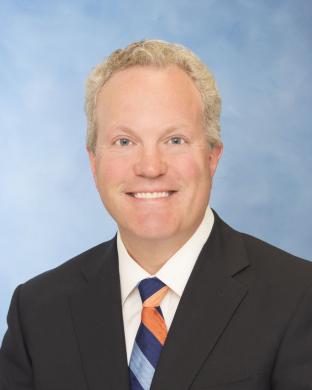The UroEPI Career Development Program at the University of Michigan Department of Urology is designed to prepare clinicians and/or epidemiologists interested in benign urology for an independent research career. This fellowship is supported by the NIDDK K12 program and provides 2 years of post-residency/graduate training to acquire the necessary skills for the conduct of high quality epidemiologic research. Year 1 consists of coursework towards a masters degree in Public Health/Epidemiology for clinicians or a postdoctoral certificate in Translational Research for PhDs; all tuition is paid. Fellows have access to all necessary support staff and mentors. There is an option for a clinical fellowship at the completion of the training program. This clinical year can be added to meet the necessary training requirements of the respective specialty societies.
Clinical Segment
Trainees must commit 40 hours per week to the program and its related research activities, consonant with NRSA regulations. Within the full-time training period, research trainees who are also training as clinicians must devote their time to the proposed research training and must confine clinical duties to those that are an integral part of the research training experience. This will ensure the trainee has sufficient time to attend classes. To maintain surgical skills and remain involved in clinical medicine, trainees may elect to participate in clinical care beyond the 40 hours per week of the program. The additional clinical effort will be limited to 20 hours per week.
Research Segment
The research segment of this Fellowship will see trainees identify a research mentor and begin to plan their main clinical research project. Together with the mentor, the trainee will design a study protocol following the NIH format for a major clinical research project that will be completed in the second year of this program. Emphasis will be placed on understanding various aspects of clinical study designs, analyses and implications for health care and in preparation for submitting NIH level grants.
How to Apply
Applicants must:
- Be committed to an academic research career in Urology or Epidemiology
- Be highly regarded by those responsible for their training
- Clinical applicants should have completed an ACGME-approved residency by the time they start. PhD applicants should have completed their doctoral program in the health sciences
- Be a U.S. citizen or permanent resident
Application Process:
All applicants are required to submit their curriculum vitae, along with at least three letters of support, and the completed application. (PDF version). Applicants that receive a favorable review will be invited for an interview at which time official copies of undergraduate and medical school transcripts should be submitted.
Requests for more information and an application should be directed to:
Program Director

Aruna Sarma, PhD, MHA
Program Director


